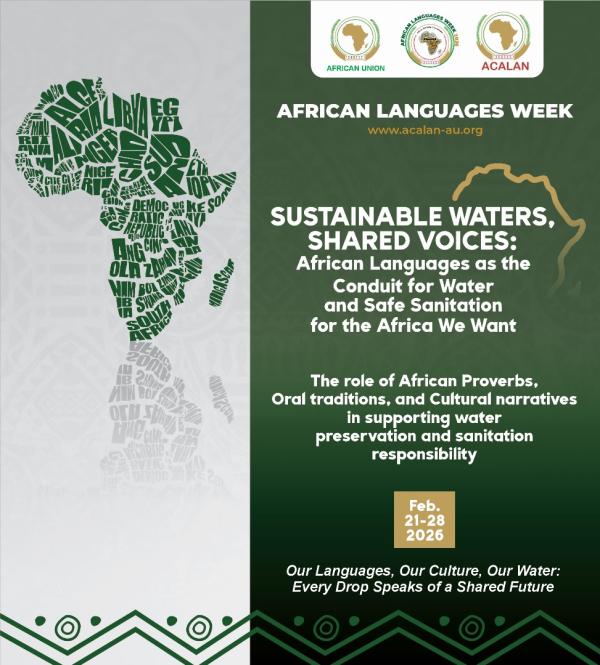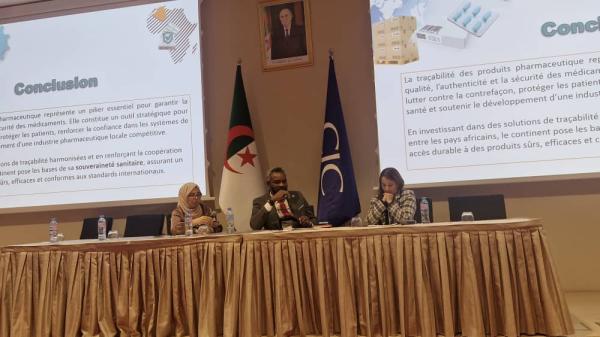
By CYNTHIA IKEM
It is very disheartening to hear or see that children are sent to early graves, while their parents are still alive. The Soweto Uprising of 16 June 1976 recorded about a hundred deaths of young high school children in South Africa, leaving no fewer than a thousand persons injured. These poor children had protested for the right to proper education, demanding to be taught in their own language. This is not peculiar to South Africa, similar cases have occurred in one or more African countries.
Little wonder the African Union (AU) initiated the Day of the African Child (DAC) in 1991 in honour of participants of the Soweto Uprising and to equally raise awareness on the need to improve education of the African Child. Thus, DAC is celebrated worldwide on June 16th of every year.
Taking a critical look at the situation of most children in the African continent today, can it be said that the aim of initiating DAC has been fully accomplished? While DAC is being celebrated, are the living conditions of our children deteriorating? Where are these children presently? Are terrorists negating the aim of DAC? Various challenges stand in the way of the African child today. They are not far to seek.
Celebrating the African child, especially in Nigeria today, would be incomplete, remembering that some precious jewels of the African soil are still missing. The Bring Back Our Girls campaign has up till now proved abortive. Parents of the abducted Chibok girls are still mourning. A year and some months have passed and there seems to be no trace of these girls. This calls to mind the fact that mere provision of infrastructure for children’s education is not enough. Had these students been properly secured, Nigeria would not have been this troubled. Abductions are said to have been occurring in different parts of the world, but this seems to be the last straw that broke the carmel’s back, as it has attracted the attention of the international community. This abduction has equally led to the menace of child marriage as a claim by Boko Haram had indicated that all the abducted Chibok school girls had been married to members of the sect. Considering the ages of these girls and their level of education, one can rightly say that they are not yet ripe for marriage; they had been thrown into forced marriage by an abused society.
What did we say to this? In 2013, not a few Nigerians were shocked when a Yerima, who in his fifties, married a girl of about thirteen years. This was seen as too shameful, but this “grandfather” saw it otherwise. And he was a lawmaker!
Prominent Nigerians and human rights organisations took to the social media to protest what they described as legalisation of sexual abuse of underage girls. The senate’s resolution on the issue showed that sexual abuse was publicly accepted by our lawmakers. The former Minister of Education, Oby Ezekwesili, would have none of these for “We kid ourselves to think that we can catch up and compete with the rest of the world when the girl-child is constrained,” Hence, a female child should be taken to the classroom, not a labour room.
This in turn draws close attention to the girl-child who is, in most cases, subjected to various social vices, especially rape. Rape cases occur day after day; the African child really has much to contend with. An Ibadan- based herbalist redefined fatherhood and serially raped his two daughters and two nieces in his shrine, compelling them not to ever disclose the act to anybody. Since this also creates room for sexually transmitted diseases, these rape victims are now battling with some of these diseases. Hence, if a father could do such injustice to his own blood, how much more would a stranger do to a child?
“Learning is the only thing the mind never exhausts, never fears, and never regrets,” these are the words of Leonardo da Vinci, the Italian polymath. In other words, the African child should not be made to live in fear and regrets over learning or education; rather, he or she should enjoy this privilege in the fatherland. Many regrets must have been on the minds of the abducted Chibok girls and parents for sending their daughters to school. Therefore, the African child still has much to contend with in Africa; who knows if the whiteman’s world have been better for these poor children? Paving the way for the African child, giving him or her a sense of pride, love, and cleansing our minds from social vices would go a long way to protect the African child, making him or her see the need for education. With this, the Day of the African Child would be more meaningful to the African child, the pride of our tomorrow.






















